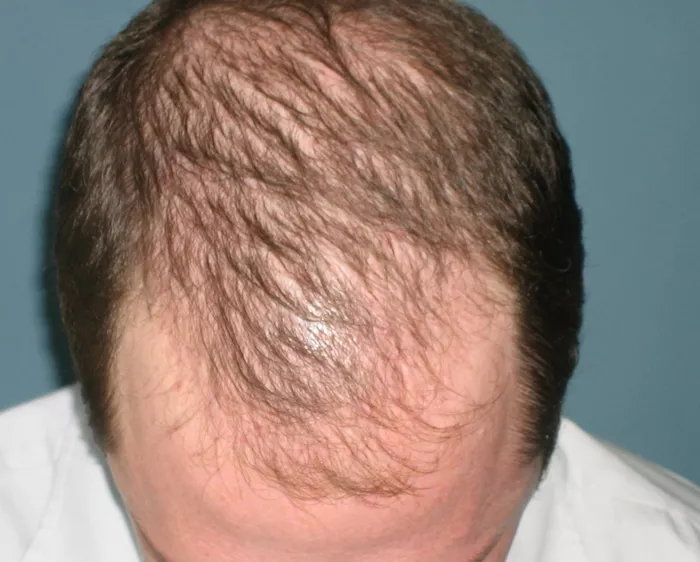Temporary hair loss can be a distressing experience, often leaving individuals wondering when their lush locks will return to their former glory. In this article, we’ll delve into the intricacies of temporary hair loss and discuss the factors that influence its duration. Armed with accurate information, you’ll be better equipped to manage and understand this common concern. Let’s explore how long temporary hair loss typically lasts.
Understanding Temporary Hair Loss
Temporary hair loss, medically known as telogen effluvium, is a condition in which an individual experiences significant hair shedding due to a disruption in the hair growth cycle. While it can be triggered by various factors, it is not typically permanent. To understand how long temporary hair loss lasts, we must first explore what causes it.
1. Common Triggers for Temporary Hair Loss
Temporary hair loss can result from a variety of factors, such as physical or emotional stress, major life events, illness, hormonal imbalances, and even nutritional deficiencies. Each of these factors may have a different impact on the duration of hair loss.
2. Duration of Temporary Hair Loss
The length of time that temporary hair loss lasts can vary widely from person to person. On average, it can persist for several weeks to several months, but this is influenced by the underlying cause. For example, hair loss due to a stressful event may resolve itself more quickly once the stressor is removed.
Stress-Induced Hair Loss
Stress is a common trigger for temporary hair loss, and it’s essential to explore this factor in more detail.
1. Stress and Hair Follicles
High levels of stress can disrupt the hair growth cycle by pushing a significant number of hair follicles into the telogen (resting) phase. This results in hair shedding.
2. Duration and Recovery
The duration of stress-induced hair loss largely depends on how well an individual manages their stress. Once stress is reduced or managed effectively, hair growth usually resumes, and normal thickness is restored within several months.
Medical Conditions and Hair Loss
Some medical conditions, such as thyroid disorders or iron deficiencies, can lead to temporary hair loss. Let’s explore how these conditions influence the duration of hair loss.
1. Thyroid Disorders
Thyroid imbalances can disrupt the hair growth cycle, leading to hair loss. When the thyroid condition is properly managed, hair often begins to regrow within several months.
2. Iron Deficiencies
Iron deficiency anemia can also be a contributor to hair loss. Once iron levels are restored through dietary changes or supplementation, hair typically starts to recover in about 3 to 6 months.
Hormonal Changes and Hair Loss
Hormonal fluctuations, such as those experienced during pregnancy and after giving birth, can lead to temporary hair loss.
1. Pregnancy-Related Hair Loss
Many women experience hair loss post-pregnancy. This condition, called postpartum hair loss, typically lasts for a few months, and hair regrowth starts within a year.
Nutritional Deficiencies
Nutritional imbalances can affect the health of your hair. Let’s explore how the duration of hair loss is influenced by nutrient deficiencies.
1. Vitamin and Mineral Deficiencies
Deficiencies in key vitamins and minerals like biotin, vitamin D, and zinc can contribute to temporary hair loss. Once these deficiencies are corrected through dietary changes or supplements, hair regrowth may take several months to become noticeable.
Seeking Professional Help
If you’re experiencing temporary hair loss and are concerned about its duration, it’s advisable to consult with a healthcare professional or a dermatologist. They can help identify the underlying cause and provide personalized recommendations for treatment and management.
See Also: How Much Iron Should I Take for Hair Loss: A Full Guide
In conclusion
The duration of temporary hair loss, also known as telogen effluvium, can vary based on the underlying cause. It’s essential to identify the trigger and address it appropriately. In many cases, with proper management and lifestyle adjustments, hair growth can resume within several months. Remember that individual experiences may differ, so seeking professional advice is always a wise step when dealing with hair loss concerns.


